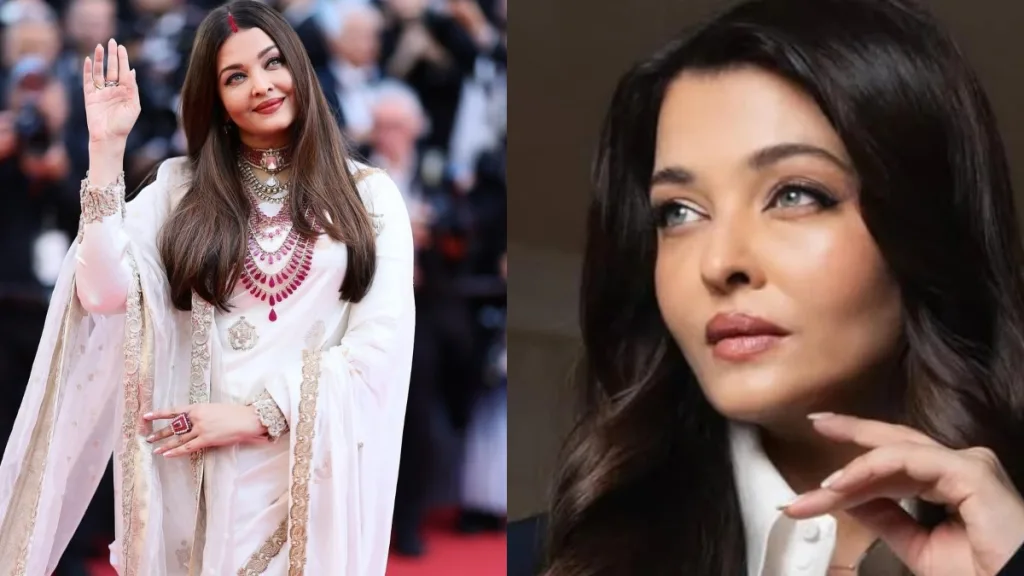Bollywood actor Aishwarya Rai Bachchan has once again used her public platform to address a pressing social issue, street harassment. In a new video released under the L’Oréal Paris “Stand Up” campaign, she delivered a direct and uncompromising message: women should never be blamed for harassment because of their dress, lipstick or appearance.
Opening the clip with a simple question, “Street harassment. How do you deal with it?”, Aishwarya rapidly rejects the familiar advice often given to women: to look away, avoid eye contact, or stay silent. Instead she urges a bold, confident response. Her message: “Avoid eye contact? No. Look the problem directly in the eyes. Hold your head high.”
She frames dignity and assertiveness not as opposites of femininity, but as part of it: “Feminine and feminist. My body, my worth. Never compromise your worth. Do not doubt yourself. Stand up for your worth.”
Her most pointed word: “Don’t blame your dress or your lipstick. Street harassment is never your fault.” challenge the deep-rooted culture of victim-blaming, where society repeatedly places responsibility on women’s attire rather than the perpetrators’ behaviour.
The video’s release comes at a time when conversations on women’s safety, consent and accountability have gained renewed urgency. Many viewers have called Aishwarya’s statement “a powerful reminder” and “a long-due conversation” about how harassment is perceived and addressed in public spaces.
Aishwarya’s longstanding association with L’Oréal Paris makes her a prominent voice for the brand’s social campaigns, but this video stands out for its unflinching honesty and moral clarity. It moves beyond beauty or fashion, it uses visibility to confront societal prejudice.
Her message is simple: harassment is not the victim’s fault. It is a crime born of disrespect, entitlement and power imbalance. By urging women to look the problem in the eye, stand tall, and refuse to internalise blame, Aishwarya isn’t just offering consolation, she is demanding accountability.
What makes this even more potent is her delivery. As someone long visible on red carpets, global platforms and social media, her refusal to stay silent sends a signal: if a public figure is ready to speak out, perhaps more people, famous or ordinary, will follow.
For many women across India and beyond, the video has offered hope and validation. It is also a reminder that societal norms around harassment and blame must change. Holding up one’s head, refusing shame, and demanding respect should never have to be radical. The responsibility for harassment lies not with what someone wears, but with the choices of those who harass.
In a moment where women’s safety continues to be debated, in streets, workplaces, public transit, Aishwarya Rai’s powerful words stand as a call for dignity, self-worth, and collective awareness. Because as she says, it’s not about lipstick or dresses, it’s about recognising human dignity. Street harassment is never your fault.

